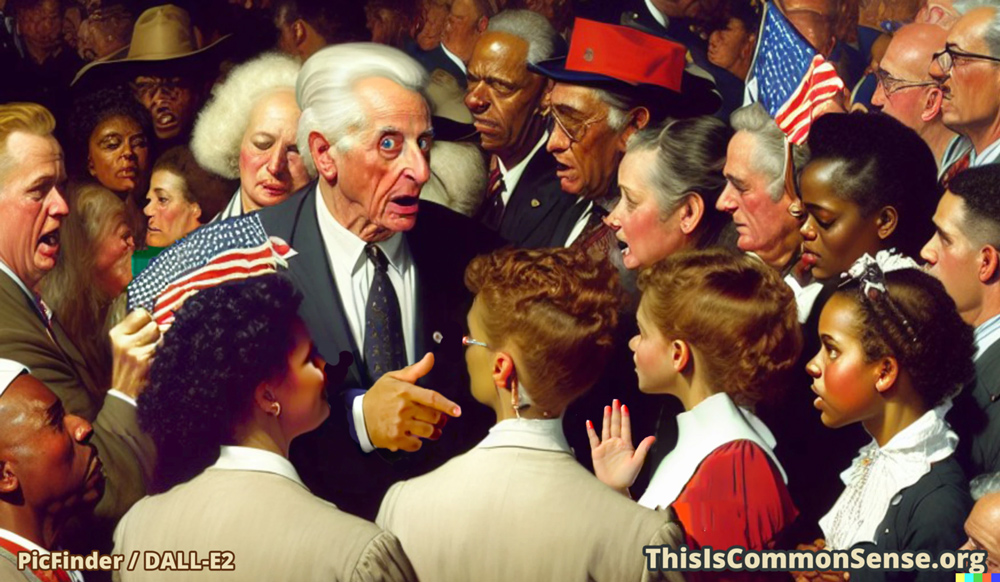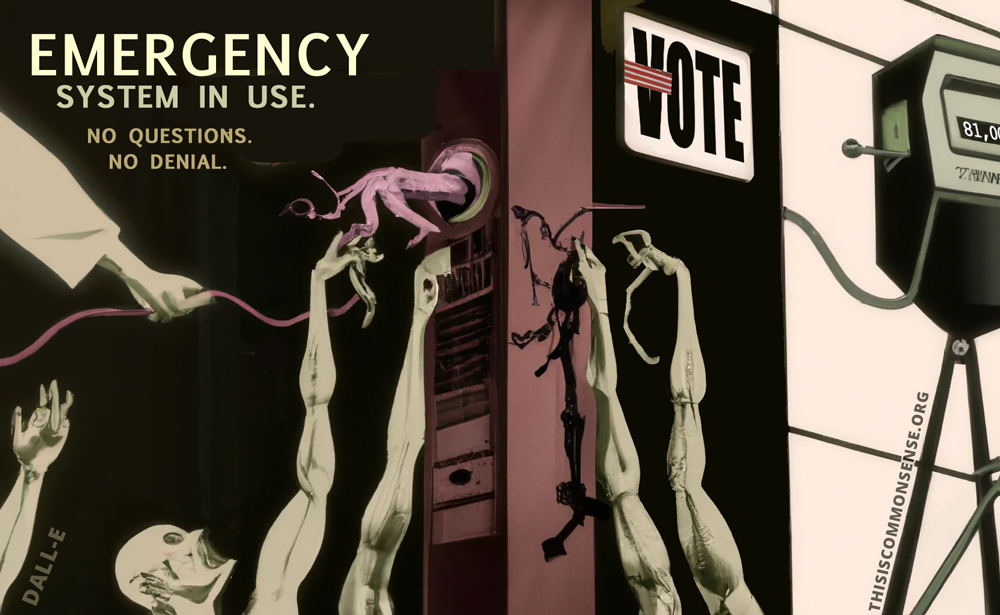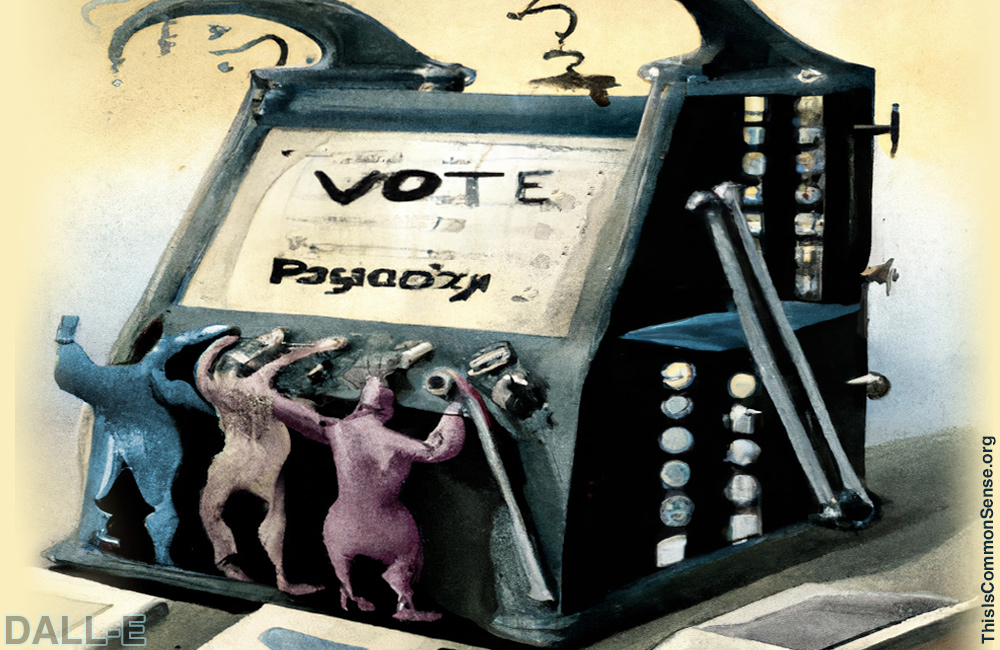How far will officeholders go to kill term limits?
Around the country, so-called representatives have repealed state legislative term limits enacted as statutes rather than constitutional amendments; gone to court to get term limits outlawed; and even, in one or two instances, ignored term limits on themselves until forced to step aside by judicial action.
I bet that even if voters enact a term limits law with a provision specifically prohibiting legislators from sending a question to the ballot to weaken or repeal voter-enacted term limits, such a prohibition would not stop lawmakers from proposing just such measures.
Well, it’s time for me to collect on the bet.
In the current legislative session, North Dakota State Representative Jim Kasper submitted a resolution, HCR 3019, to ask North Dakotans to weaken legislative term limits they’d passed just five months ago, last November. Kasper wants a limit of 12 consecutive years in a chamber instead of a lifetime limit of eight years.
What a shocker! He’d like to stay in power longer.
The law voters passed months ago states that the legislature “shall not have authority to propose an amendment to this constitution to alter or repeal” the term limits. This ability is instead “reserved to initiative petition of the people.”
It seems so clear.
Nevertheless, Kasper’s unconstitutional constitutional amendment barreled ahead in the North Dakota legislature until finally expiring in the senate just days ago.
Perhaps the new law should have included something about tarring and feathering lawmakers who try to ignore the ban on acting to undermine their term limits?
This is Common Sense. I’m Paul Jacob.
Illustration created with PicFinder.ai
See all recent commentary
(simplified and organized)
See recent popular posts









